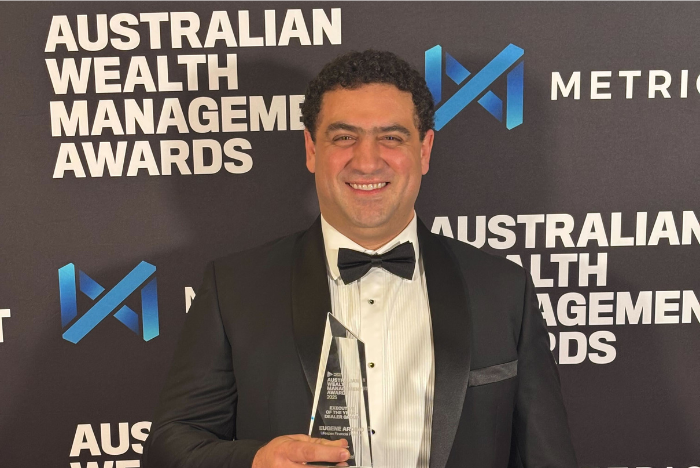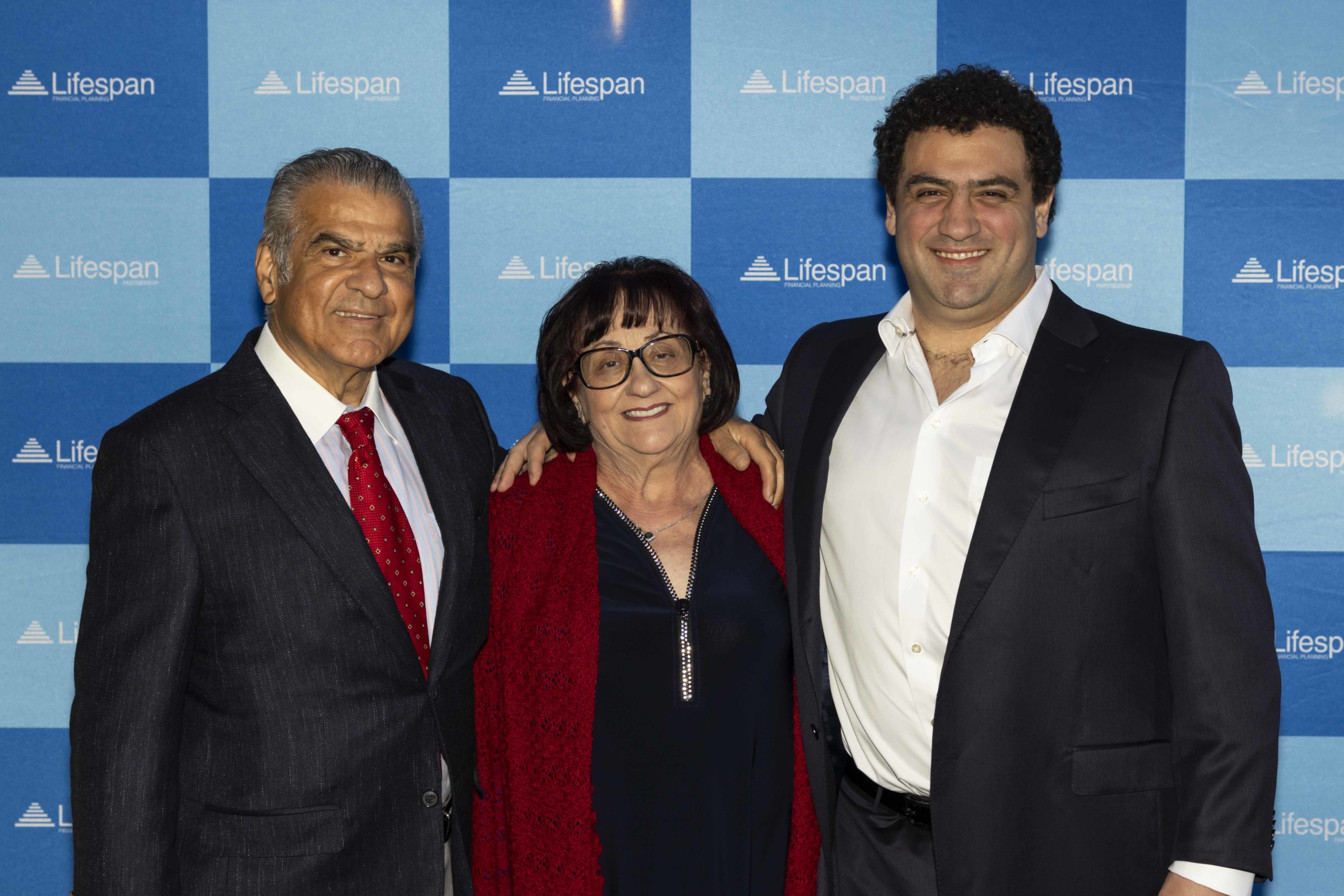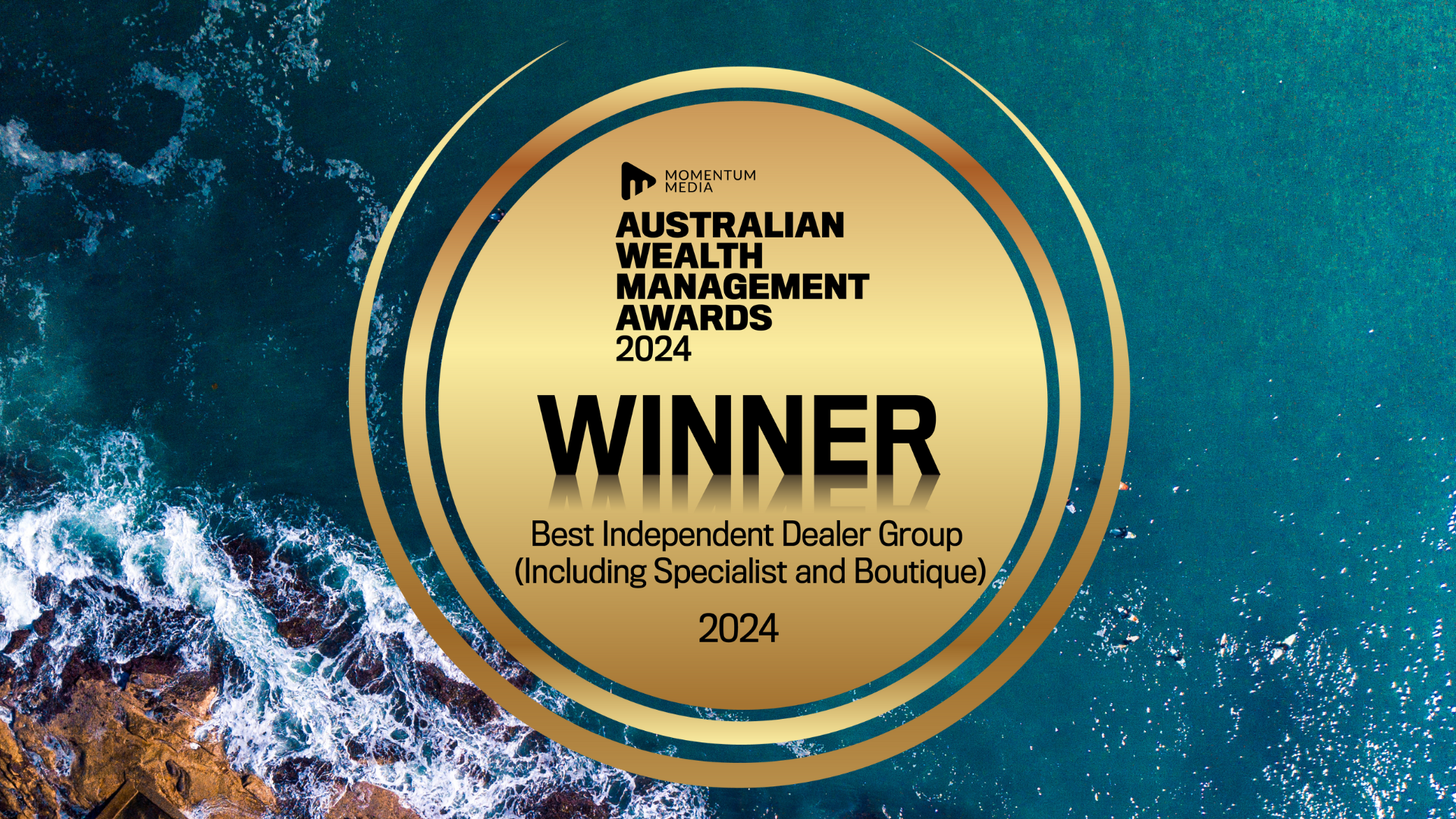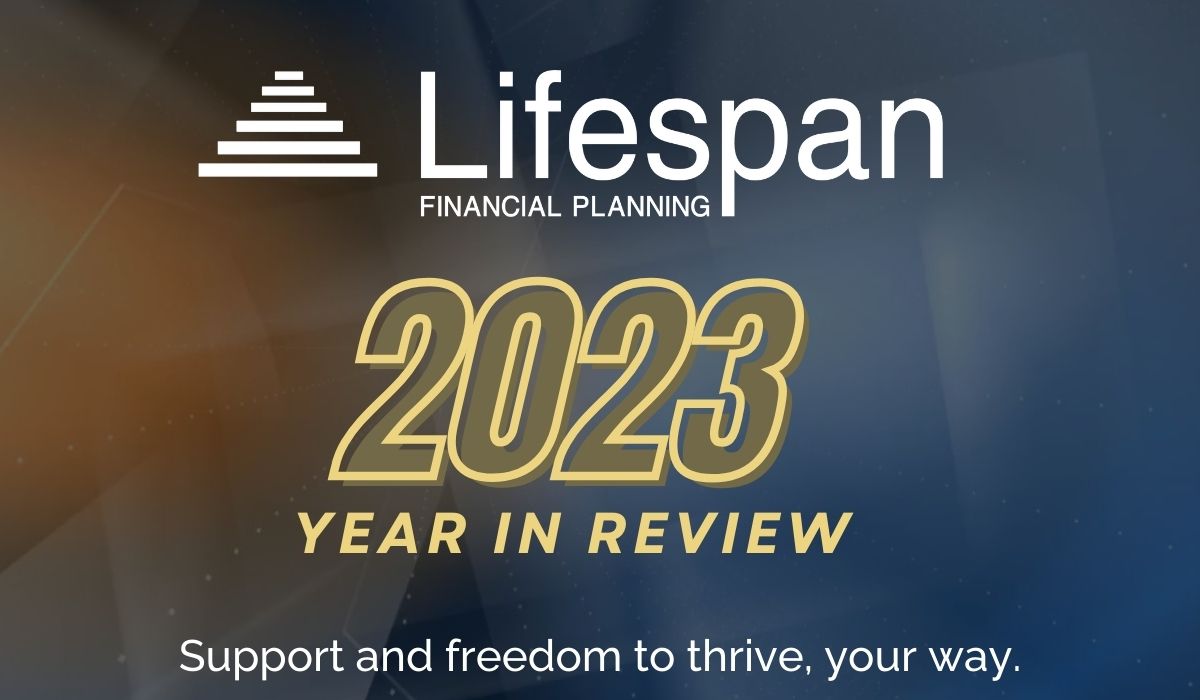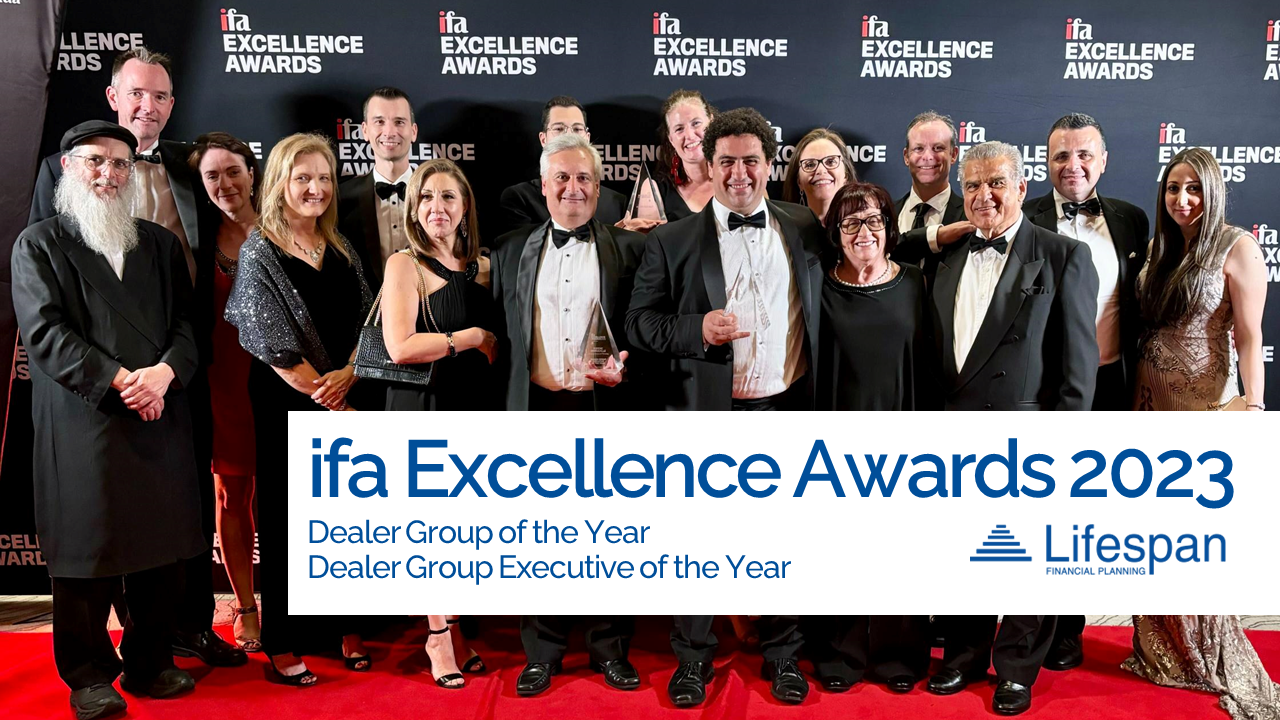This year, Lifespan is marking a significant milestone, celebrating 30 years of supporting advisers.
From the very beginning, Lifespan has been passionate about supporting advisers to build sustainable advice businesses. Thirty years is a long time in financial services! Eugene Ardino, Lifespan CEO, and his father, John Ardino, founder and Chairman of Lifespan, reflect on the past thirty years and discuss where to from here.
John, what motivated you to create Lifespan back in 1994?
At the heart of it, I really wanted more security for my family. I was also very keen to have greater control over my destiny, and I could see a real opportunity to capitalise on my strong relationships with accountants and my connections in the investment research space. Back in the early 90s, there was a strong appetite amongst accountants to become financial advisers, and I saw a growth opportunity in this space.
Eugene, you were still a boy when your dad started Lifespan. What were your earliest memories of this time?
My earliest memory of the business was probably in its first year or two. I remember helping to put together the first compliance manuals. I also remember this really weird large-looking contraption called a franking machine. You’d put your envelope in, and it would stamp it. Of course, those were unpaid roles. I’m sure I got paid in other ways, but my first actual job at Lifespan was in 1999, in my gap year, before starting university. It was a family affair. My uncles John and Caesar worked there, along with many others. After finishing university and travelling the world, I returned to Lifespan, working across the business in compliance and business development roles, before becoming CEO in 2015.
John, what were some of your biggest challenges in those early days?
It was quite daunting starting from the ground up, especially when it was just me directly involved in the business. I did everything, from reviewing financial plans and recruiting new advisers to organising and presenting Professional Development Days. The biggest challenge back then was attracting larger, more established practices. Remember, this was a time when the big banks and institutions dominated financial services. There were also large incentives offered to practices joining these larger licensees and substantial marketing and technology support offered, and this was something that we, at the time, struggled to compete with.
Looking back on the last 30 years, John, what are you most proud of?
I am most proud of our relationship with our advisers. Some of those who joined us during our first few years are still with us, which is incredible.
Was there a pivotal moment that you believe shaped Lifespan’s growth?
John: I would say that would be launching the Omniport Wrap account back in 2001 after over two years of due diligence. This provided Lifespan with more diversified income whilst also being a great solution for clients.
Eugene: Yes, the wrap was a response to where the industry was heading at the time. Dad was always very good at anticipating the future. Without it, it would have been tough for Lifespan to stay viable back then. In my career, one of the important moments was setting up the managed portfolio business in 2011 and making the strategic decision in 2016 to focus our resources on building this out.
Eugene, can you discuss a time when Lifespan had to make a difficult decision that benefited its advisers in the long term?
It has always been a difficult balance to ensure that Lifespan remains sustainable. We have sought alternative revenue streams, alongside managing to only increase our dealer fees significantly around three times in 30 years, which is pretty impressive! These fee increases all coincided with major reforms. Over time, we have also had to make contentious decisions with respect to approving products through our investment committee. Overall, we have taken a conservative approach and have had to say no to many products. These decisions, at the time, were often not popular, but we were always focused on making decisions that benefited the adviser collective and protected the reputation of Lifespan over the long term.
How has working together as father and son and family influenced Lifespan’s culture and direction?
John: Well… no one can deny that it is genuinely stressful working with family! However, thankfully, even though we all have strong personalities, we are all accommodating of each other’s opinions! We do listen to each other, and we make sure that we enjoy ourselves. You’ve got to enjoy it. It’s got to be a bit of fun!
Eugene: Dad and my values are always aligned. We can disagree, but our strategic direction is almost always in sync. We approach things differently, and bring different perspectives, as do many of the Lifespan team. As a family, we challenge each other in ways only family can! Our team and advisers are our extended family, and we want to make everyone feel a part of that.
John, where do you see Lifespan in ten years’ time?
There is always a market for what we have to offer. As a privately owned but larger group with the infrastructure to support advisers, our approach will continue to appeal for years to come! We have always treated our advisers as family and not just cogs in the wheel. Advisers will continue to look for a business partner that is responsive and supports small businesses.
Eugene, what are some of the biggest challenges and opportunities that lie ahead for Lifespan in the next 5-10 years?
Let’s discuss the opportunities first, as I believe there are many. The biggest one is the professionalisation of advice. Although sadly causing many to leave the profession, the education requirements resulted in a significant shortage of advisers. With the great wealth transfer at our doorstep, or already here, there is and will be an emerging need for advice. This adviser shortage, however, is problematic if you are looking to grow your practice and employ additional advisers to service this advice need. I also see the deregulation of Delivering Better Financial Outcomes (DBFO) resulting in a more streamlined advice process, hopefully enabling advisers to support more clients.
In terms of challenges, none of them are overwhelming, in my view. As I mentioned, the decreased number of advisers is a challenge due to the increased demand for advice. Finding quality staff will continue to challenge advice firms, especially for those who are not comfortable with offshore, outsourced solutions. Although technology presents an opportunity with its capacity to innovate and streamline advice delivery, it will continue to challenge advisers. Seamless integration will need to be addressed by providers to address the sense of overwhelm that many advisers experience when addressing their technology needs. I also believe that economic headwinds will challenge advisers who position themselves purely as investment experts over the next few years. The attractiveness of managed accounts will continue to grow as advisers seek ways to gain efficiency in advice delivery and the desire to spend more time with their clients.
_____________________________
As we celebrate our 30th anniversary, Lifespan’s journey from the very beginning mirrors the evolution of the broader financial advice industry. From navigating the dominance of big banks to embracing technological and regulatory change, Lifespan has had to continuously adapt and identify opportunities to grow and develop its service offering to its advice community. Most importantly, our commitment to maintaining strong relationships with our advisers, team, and industry partners has been key to our longevity.
We are excited to embark on our next chapter and look forward to continuing to support advisers for many years to come. Thank you to everyone for making Lifespan what it is today and what it will be tomorrow.


